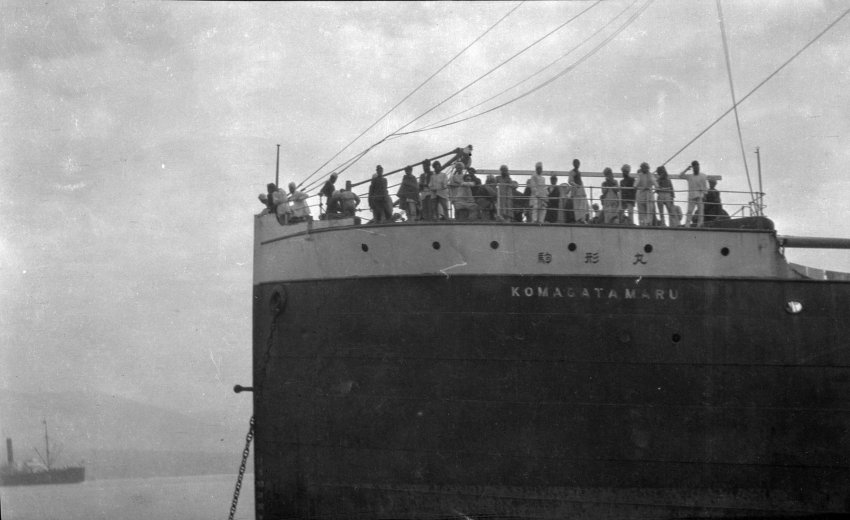On a Sunday in 2010, the Sikh community in Vancouver came together at the Ross Street Temple. They were happy to hear about the government's decision to provide funds for two projects remembering the 1914 Komagata Maru incident. This incident involved 376 immigrants from Punjab who were not allowed to enter Canada.
"This should have happened a long time ago," Minister of Citizenship, Immigration and Multiculturalism Jason Kenney told the gathering at the temple.
Plans to support the cause
The Khalsa Diwan Society is set to receive $82,500 to collaborate with the Vancouver park board in designing and placing a memorial for the Komagata Maru incident. In addition, $104,000 will kickstart the creation of a museum dedicated to the event. The museum will find its home in an existing building at the temple site.
The Vancouver park board has opened up public discussions about where the memorial should be located. Members of the Khalsa Diwan Society, who have been actively involved in addressing the needs of Indian immigrants since 1906, worked alongside the board to secure funding from the federal Community Historical Recognition program. They were present to witness the announcement firsthand.
The incident
In 1914, a ship called Komagata Maru carried people from British India who wanted to move to Canada. But when they reached Vancouver, Canada, most of them were not allowed to enter. They had to go back to Budge Budge, Calcutta (now Kolkata), India. The Indian Imperial Police tried to arrest the leaders of the group when they arrived back. A fight broke out, and the police shot at the people, causing some deaths.
Komagata Maru started its journey from British Hong Kong, then stopped at Shanghai, China, and Yokohama, Japan, before heading to Vancouver, Canada, on April 4, 1914. The ship had 376 passengers from Punjab province in British India. Among them were 337 Sikhs, 27 Muslims, and 12 Hindus, all from Punjab and British subjects.
When the ship couldn't dock in Vancouver, the people on board couldn't get off. They were stuck there for two months without enough food or supplies. To help them, the Khalsa Diwan Society set up a group to bring food and things they needed to survive.
But things got worse when the ship had to go back to India. British soldiers attacked it, and about 20 people died.
Jack Uppal, past president of the Khalsa Diwan Society, said the society has been working for at least 15 years to raise awareness and seek redress for the incident. "This is very important to newcomers and members of our community to finally have this injustice redressed."
Uppal still recalls the stories his father told him about smuggling food and water onto the ship in an effort to keep the immigrants alive. "Those people were British subjects, and they didn't even let them off the ship."
Mohinder Gill, also a prominent member of the Vancouver Sikh community, said: "A great injustice was done. Now the government has recognized and apologized for the injustice and offered our community a chance to come together."
*Based on an article by Denise Ryan, published in Vancouver Sun on December 2010
